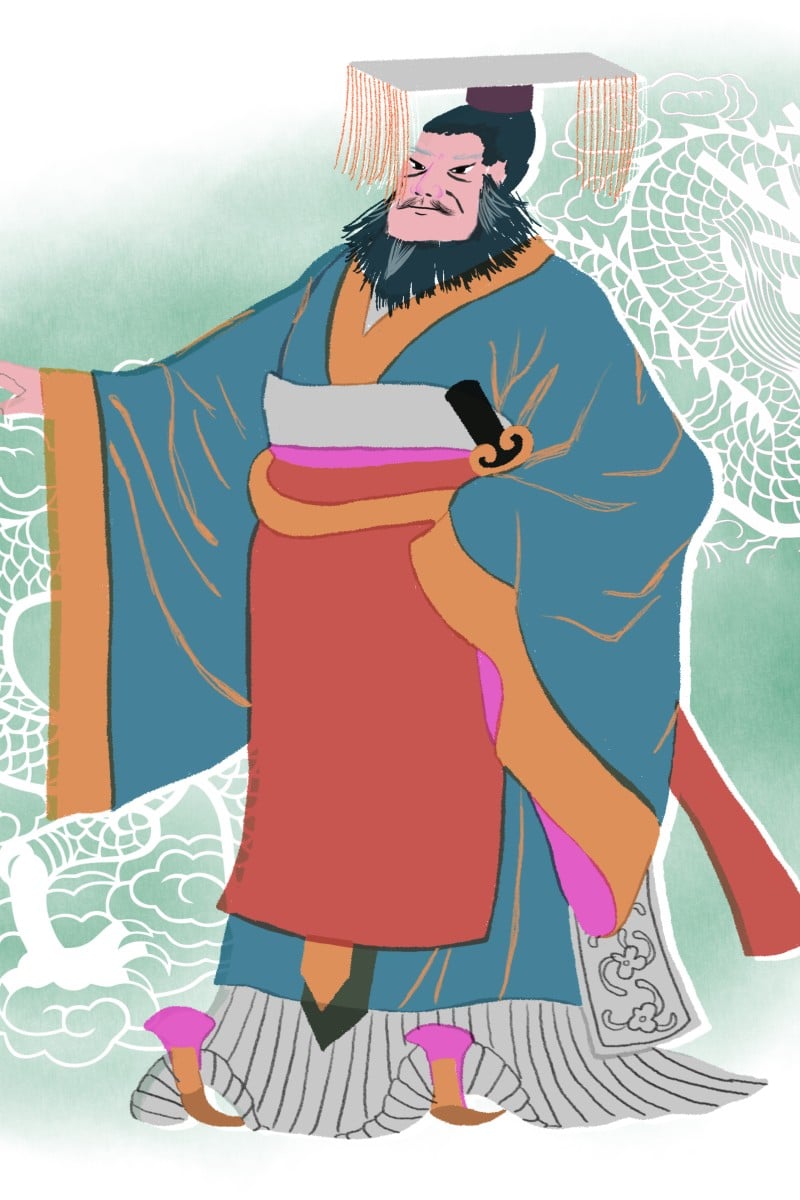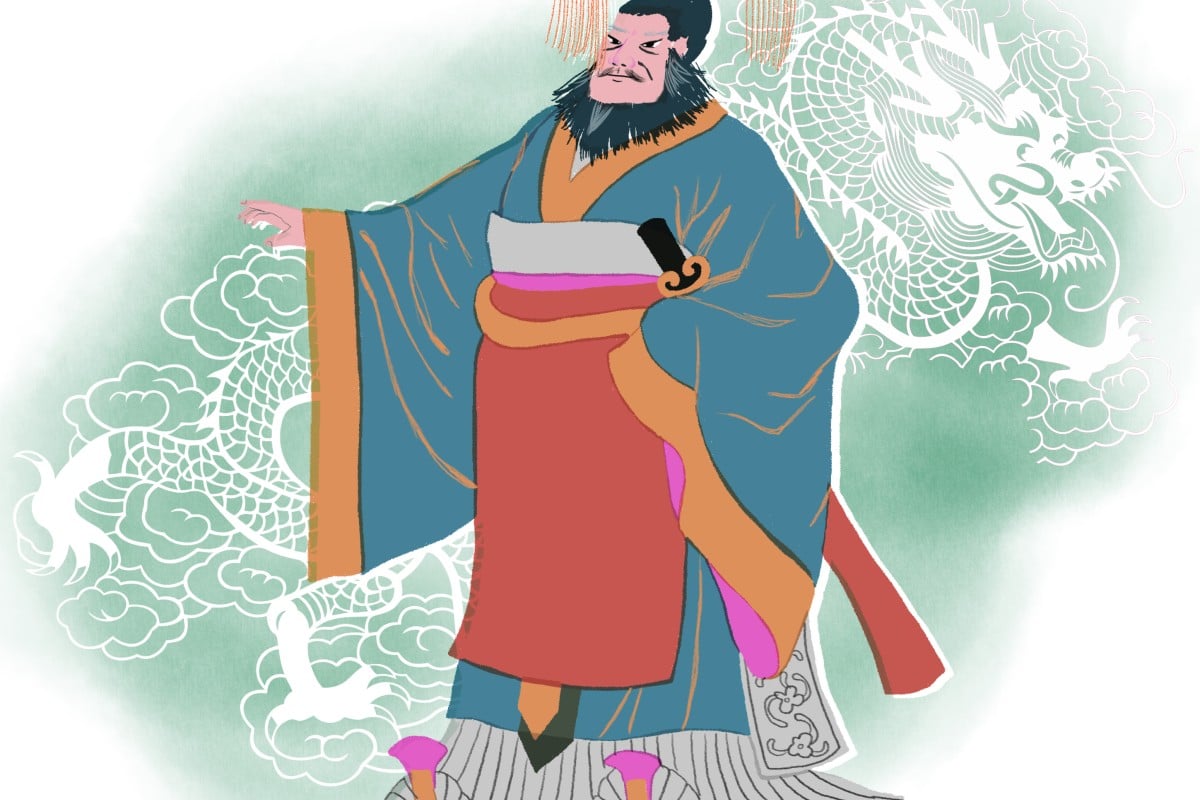
Qin Shi Huangdi (259 - 210BCE) was a unifier, reformer, builder, and seeker of immortality who was well-known for his brutality

Have you ever wondered why China is called China? Then read on!
In 259BCE, Ying Zheng was born to a prince of the state of Qin in northwestern China, but legend says that the boy was in fact the son of an ambitious merchant, Lu Buwei. He gave his pregnant concubine to the prince in order to gain access to the throne. Lu acted as regent when Zheng inherited the throne at age 13, but by the age of 24, the young king had ruthlessly crushed Lu and assumed full control over Qin.
At this time, seven Warring States were vying for control of the empire. Zheng built a strong army and, using tactics borrowed from The Art of War, conquered the six neighbouring states one by one.
By 221 BCE, the final kingdom fell, and Zheng proclaimed himself Qin Shi Huangdi or "First Sovereign Emperor of the Qin Dynasty". He called the united empire "Qin", which many academics believe is the origin of the name "China".
He then unified China under a single authority. He stopped influential people governing territories, and divided China into 36 administrative districts. He standardised the system of weights, measures, and even cart axle lengths, and began building an extensive network of roads and canals.
Zheng standardised the laws, and also the writing: today, many Chinese characters are direct descendants of the Qin script.
He built mighty palaces: the largest, the E Pang Palace, is said to have had a 1km-long reception hall which could hold 10,000 people. And to stop persistent invaders from the north, he linked some remote fortifications to form the first 3,000km of the Great Wall.
Zheng governed his vast empire using Legalism, a philosophy that says that humans are bad by nature and need close regulation by law. This was very different from Confucianism, which Qin regarded as a threat to his authority.
In 213BCE, he ordered that all books that weren't about either his reign, agriculture, medicine or fortune-telling be burned. One year later, he famously had 460 Confucian scholars buried alive, and another 700 stoned to death.
Understandably, there were many attempts to assassinate Qin, including one by a musician who attempted to bludgeon him to death with a lead-weighted flute.
Despite his exceptional power and prestige, the emperor was afraid of dying, and became obsessed with finding an elixir of eternal life. He travelled far and wide in his search, and summoned alchemists and magicians to his court to prepare special potions.
Just to be safe, he also ordered the construction of a huge tomb near Xi'an, in Shaanxi province. The tomb was an underground palace complex made of clay, wood and bronze, with a model of the heavens on its ceiling and a map of the empire on its floor. Treasures buried in the complex were guarded by arrow-launching devices, and the workmen who completed the entrance were buried alive to ensure that its secrets stayed hidden. The tomb was protected by a Terracotta Army of 8,000 soldiers, chariots and horses made out of clay.
The emperor spent his last years isolated and fearful, only leaving his palaces to undertake inspection tours of the kingdom. In 210BCE, at the age of just 49, he is believed to have died from drinking mercury contained in his special potions.
Immediately after his death, China fell into disarray. Within three years, the Qin Dynasty was over. But the emperor's legacy lived on in his construction projects and a strong centralised government that persists on the mainland to this day. While he was ruthless, he was without doubt one of the most important rulers in Chinese history.
Sarah Brennan is the author of the best-selling Chinese Calendar Tales and Dirty Story series.